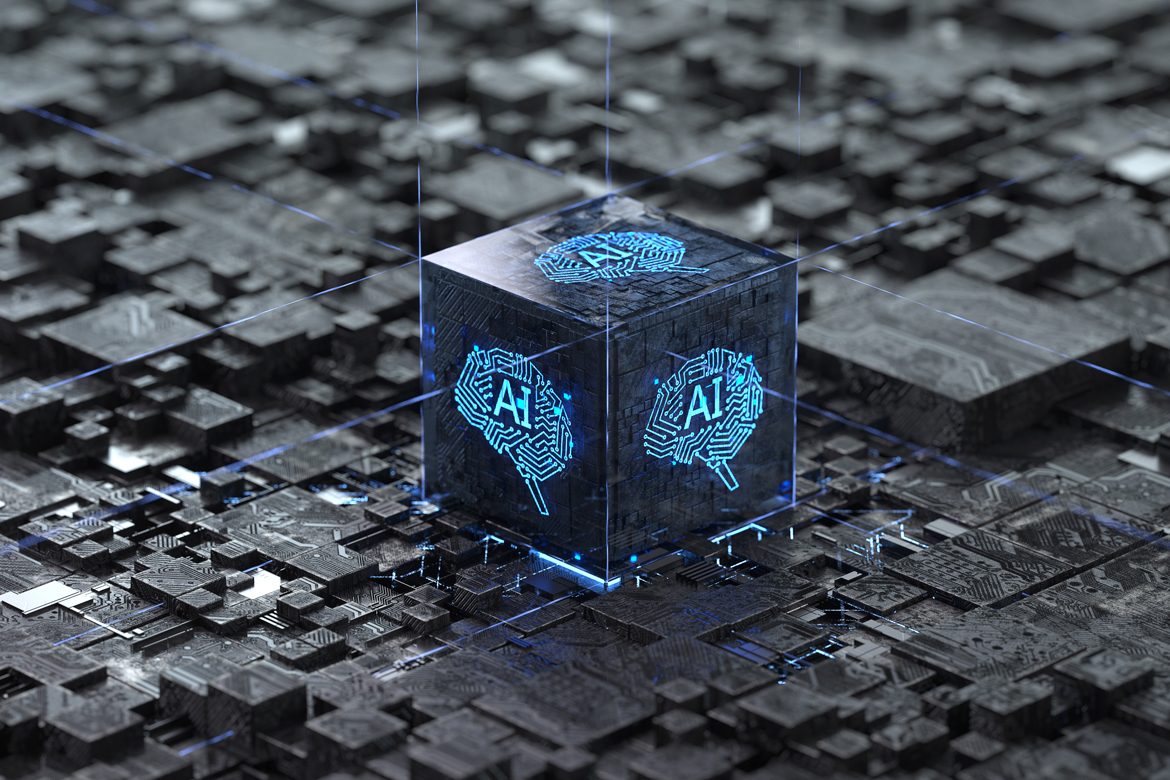- Telangana plans on using Artificial intelligence in enhancing road safety and predicting traffic offenders and in transport services to ease up processes such as driving licenses issuance, vehicle registrations, answering queries posted by people online, etc.
- The Government of Telangana has started the uphill task of developing the AI ecosystem in the state with successful public-private partnerships with organisations such as IIIT Hyderabad, Public Health Foundation of India, NVIDIA, etc
- AI is still in its nascent stages in India. Unprecedented crises like COVID-19 exemplifies the need for AI to be applied on a rapid scale for public welfare. A key role for the government is to further build on current policy successes and further encourage open source foundations and open data.
Telangana is the youngest state in India, formed as recently as June 2014. Even before its separation from the state of Andhra Pradesh, Telangana was gaining visibility as a potential IT hotspot. Within a span of five years, the state succeeded in establishing itself as a prominent IT and services hub in the country. Today, its capital Hyderabad alone contributes 11% of the IT exports from India. The city is also home to global IT giants such as Amazon, Microsoft and Google, along with domestic players such as Wipro, TCS and Infosys.
The natural next step in the state’s growth plan was the adoption of artificial intelligence. The government of Telangana declared 2020 as ‘the year of AI’ to lay the groundwork for elevating Hyderabad to the status of a global AI hub. Telangana has rapidly scaled the adoption of AI solutions to address complex governance issues, making extensive use of it in e-governance.
Key areas of AI application
Artificial intelligence is being used in enhancing road safety and predicting traffic offenders. Premier academic institute, Indian Institute of Technology (IIT) Hyderabad, signed a memorandum of understanding with Telangana Police in July 2019 to gain partial access to the CCTV network, to integrate AI Technology to catch bikers riding without helmets. The card attached to the CCTV cameras helps detect motorcyclists without a helmet. The state is also using machine learning data sets to predict vehicles that are most likely to commit traffic offences.
Telangana also plans on using AI in transport services to ease up processes such as driving licenses issuance, vehicle registrations, answering queries posted by people online, etc. In 2019, they enlisted the help of Sytizen, a digital identification provider for their liveness detection software solution. The company plans to collaborate with its Geneva-headquartered partner TECH5, in proving the algorithm for face liveness detection.
Additionally, the Telangana government is working on addressing difficulties, such as affordability and accessibility of healthcare, using AI tools. Telangana became the first state in India to use AI for eye care screening among children using Microsoft Intelligent Network for Eye care (MINE).
The state has also deployed Microsoft’s AI tools for supporting its farming community. Microsoft, along with the International Crop Research Institute for the Semi-Arid Tropics (Icrisat), has developed an AI- sowing app powered by Cortana Intelligence Suite, that includes machine learning and powered BI. The app sends sowing advisories to farmers.
Government-Industry partnerships & powering of the startup ecosystem
The Government of Telangana has started the uphill task of developing the AI ecosystem in the state with successful public-private partnerships. Some notable partnerships include:
Partnership with Intel, IIIT Hyderabad and Public Health Foundation of India (PHFI) to focus on diagnostics, proactive public health, health services optimisation, evidence-based social strategy and policy, treatment protocols discovery and smart mobility, advanced safety, autonomous navigation, traffic management, and smart cities and other areas.
Partnership with NVIDIA to set up a High-Performance AI Computing Centre that will focus on startup incubation, and host AI training sessions to support women and minority groups.
The state, in association with IIT Kharagpur, has decided to launch a R&D Park and an AI Center of Excellence with applications in advanced manufacturing, life-sciences, aerospace, and defence.
Partnership with Applied Cluster of AI, Norway, to design student and faculty exchange programs with the premier universities of Norway, and soft landing programs for Hyderabad startups to get access to Scandinavian markets.
Partnership with Wadhwani AI to deploy AI solutions for the benefit of expecting mothers and newborn babies.
Partnership with Adobe Systems to help the state in capacity building and to enhance digital literacy and foster creativity skills of youth.
The government also organised an online competition to identify startups capable of implementing AI in real-world scenarios such as Crowd Estimation & Management Application. More than 400 startups from across India participated in the competition. After an exhaustive selection process, Awiros, an AI startup incubated at T-Hub (state powered incubator in Hyderabad) was selected.
The Awiros team was tasked with the objective of developing a Crowd Estimation app that could assess crowd densities using cameras in real time. Within two months, the Awiros team developed a deployment ready app which was tested for the first time during the India vs West Indies cricket match in Hyderabad in December 2019. The application estimated the total crowd in the stadium with more than 90% accuracy.
Enhancing the scope of AI
With the support of key industry players such as Intel and universities such as IIIT Hyderabad and PHFI, the initial focus of AI application for the Telangana government will be Healthcare and Smart Mobility.
AI optimisation in healthcare will include Diagnostics, Proactive Public Health, Health Services Optimisation, Evidence based Social Strategy & Policy and Treatment protocols discovery. Whereas, AI for Smart Mobility will focus on Advanced Safety, Autonomous Navigation, Traffic Management and Smart Cities, Sensing and Communication, Delivery and Supply Chain Automation, Connected Vehicles and Multi-Vehicle Systems and Security, Privacy and Datasets.
Beyond these initial focus areas, it is expected to expand into Advanced Manufacturing, Aerospace and Defence, Life Sciences, Data Sciences, Cybersecurity and Robotics.
Additionally, the state of Telangana will work with the Government of India (GoI) in quality assurance of agricultural commodities, traffic and road signals & signs, road safety & quality, vehicular pollution control, law enforcement and easy access to citizen services.
Unexplored opportunities
AI is still in its nascent stages in India. Unprecedented crises like COVID-19 exemplifies the need for AI to be applied on a rapid scale for public welfare. However, this requires significant amounts of high quality data to derive meaningful insights. Investing in nurturing academic and government collaborations with participation from industry might open doors for new innovations within AI. By addressing regulatory challenges for AI innovation, the government can foster an environment that allows entrepreneurs to create new industries and the innovation ecosystem to thrive.
A key role for the government is to further build on current policy successes and further encourage open source foundations and open data. The advancement of AI is sufficiently far along that we are now seeing new ways of AI being used across society. Tackling privacy and cybersecurity issues will be a daunting challenge. Democratising the AI techniques from industry to open literature through universities will create a fair playing field. Within Government departments data and interoperability standards should be developed to provide clear guidelines for the design of AI systems to ensure that they can be easily integrated with other technologies, utilise best practices for cybersecurity and safety, and adhere to a variety of technical specifications that maximise their utility. The key challenge, however, is to remove barriers in the use of AI and promote their innovative application while at the same time protecting economic and national security, civil liberties and privacy.






NO COMMENT